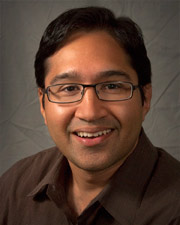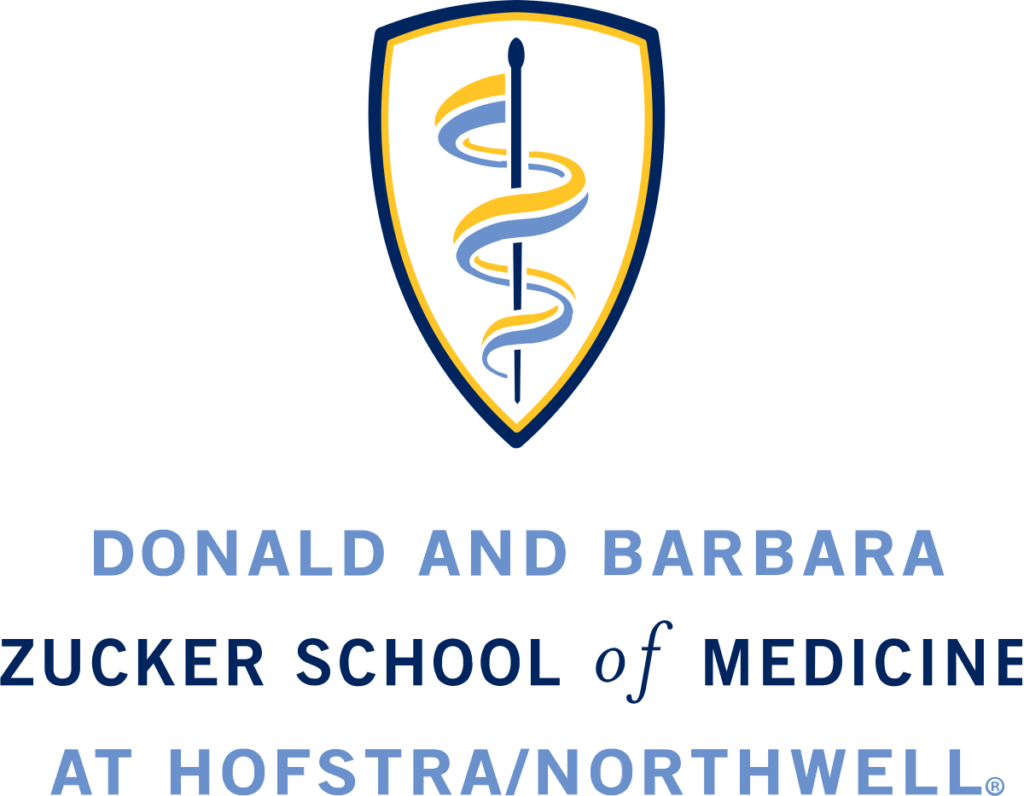[et_pb_section admin_label=”section”][et_pb_row admin_label=”row”][et_pb_column type=”3_4″][et_pb_text admin_label=”Text” background_layout=”light” text_orientation=”left” use_border_color=”off” border_color=”#ffffff” border_style=”solid”]
Day 3- Pik Stumbles in
Yes, I walked in late. But in my defense, pancakes. Also, any morning activity after a party with foosball, a karaoke room, and discussions of cognition and teaching with world class educators is a win.
Panel: Simon Carley, Jesse Spurr, Jenny Rudolph, Walter Eppich, Chris Nickson, Victoria Brazil, Sandra Viggers, Daniel Cabrera
The day opened with another panel, this time on Lighting The Flame: Education.
While a wide ranging discussion, this could easily have been titled Education: Reflection and Improvement. Reflection was thought to be key to all other components of learning, vital for self-assessment, insight, and behavior change. Simulation was touted by the group, not as a stand alone component of medical education, but as a tool to allow teams and individuals space to assess their own processes, responses and dynamics. “Simulation is a Trojan Horse to allow people to get together and reflect.” One critique of Sim has always been the idea that the experience and feedback allowed in a simulated case is in some way superior to the experience of seeing actual patients. But the panel discussed the importance of a frame to focus on, space to digest and discuss, and creating opportunities to improve individuals and systems. With this mindset, simulation becomes a good way to encourage deliberate practice. Sim can prepare people to learn from their daily practice. In-situ simulation saw a lot of attention at the conference, from workshops to exhibits, and while the realism allowed for more buy-in from learners, the true value was in creating a model close to reality to allow practice to filter into our daily routines. (Similar advice is given to test-takers who will study in an environment as close as possible to that in which the test will be given.) So why not move to a Sim framework, without a Sim center? In the future, simulation won’t be a physically separate center you go to, but rather a service that comes to your place of work to practice the things you do in the places you do them. Frames to focus on might be responses to safety threats, team dynamics, or changing a previous “standard” of care.
Feedback and assessment were another broad category discussed here. Are you any good at what you do? How do you know? How do you assess others? What feedback are you (or they) getting to make these kinds of judgments? While good structured feedback is rare (positive OR negative), there is an ocean of feedback surrounding all of us all of the time. As teachers, we do need to get better at assessing learners and giving regular, specific, routine feedback; as learners, we need to improve our access to that ocean. We need to routinely ask ourselves- What did I achieve today? What did I do well? Not so well? What will I work on next time? For teachers, setting up goals of observation at the beginning of the shift creates a frame for the learner if they aren’t reflecting regularly: What do you want to achieve today? What are you focusing on? What do you want me to focus on?
Feedback is never just GIVEN. It is a conversation, and is bidirectional, and is a loop which generates future conversations. It should happen routinely, on mundane cases, and not just after an extended resuscitation with an exhausted team. It should be directed- “let’s debrief” or “I’m going to coach you on this.” It should be specific. “Good job,” while positive encouragement, isn’t feedback. As the culture of debriefing and discussing cases becomes routine, the self-reflective thought process does as well. A feedback culture is an improvement culture.
Kevin Fong
Kevin brings NASA engineering insights as he talks about expecting to fail. Redundant systems and backups to the backups aren’t ways to ensure you WON’T fail They are an expectation of failure. “Failure isn’t an option” not because you’re not allowed to fail. It’s because it’s not optional; it’s inevitable. So we need to fail in the best ways possible. This made me think of the way we discuss “failed” airways. Let’s stop talking about “if” we’re in a CICO situation. Let’s talk about “when” we’re in a CICO situation.
Kevin used some examples of what he called “competence porn” and the myth of the hypercapable performer. We all have role models we think of in this way, and I met a few of them at this conference. But Dr. Fong argues that putting the James Bonds of the world on a pedestal detract from our own ability to improve, and importantly, create unrealistic expectations instead of a growth mindset. Here, he echoes Chris Hicks, who put Process over Goals, by putting Reliability over Performance. While he’s speaking, I hear Charlie Munger in my head, “It is remarkable how much advantage is gotten by trying to be consistently not stupid, instead of trying to be very smart.”
Kevin continued with the idea of “graceful degradation.” In this model, you can continue on with less than perfect functionality, even after failures have occurred. Kevin says that failure isn’t necessarily fatal, although failure to change might be. Having been in a number of !@# hits the fan situations in the ED, I really like the idea that we should EXPECT things to degrade, as well as the concept that we need to train to handle them gracefully. Kevin ends with thoughts on our responses to these failures being productive with: “Forgiveness is the final form of love” – Beyonce. (Also Reinhold Niebuhr)
Jenny Rudolph
This talk was also an in-situ sim of an angry corrective moment gone wrong. Jenny created a clear example of fundamental attribution error (FAE again!), and tried to give the audience a practical framework when encountering a “WTF!” moment. After allowing the delegates to scream out some frustration, she asked that they turn their frame away from righteous anger and frustration, and towards curiosity. Go ahead and yell WTF to yourself, silently. Create a space, a few claps of your hands. Then imagine it’s your best friend in the world in front of you, and they have committed the atrocity you are raging about. Ask yourself, why would they have done this? Get away from judgment and get curious.
“Between stimulus and response there is a space. In that space is our power to choose our response. In our response lies our growth and our freedom” – Victor Frankl
Annet Alenyo Ngabirano
Annet stood on stage, with no powerpoint, no visuals, and no soundtrack. She told her story. A 3rd year medical student, taking care of an obviously sick little girl with few resources and no backup. “I could see the hope in her eyes, and hoped she could not see the fear in mine. Her fontanelle was so depressed, it felt as if my eyes exerted pressure on it.”
My forebrain is searching for visuals on what a malnourished shocky infant with kwashiorkor would look like. My hindbrain is screaming and I’m crying. Jesus. I don’t need this. This is why I hate Peds. I love kids. I just hate Peds. I can’t type this without tearing up. F@#k.
EM in Africa has a way to go, and they’re doing things fast. If you’re a US guy who saw ACEP’s 24/7/365 and marveled at the situation the godfathers of EM found themselves in, then you need to understand that the urgency of that need exists right now. Go support @Go_Supadel or crowdrise.com/supadel and @AfJEM in their mission.
Ubuntu: “The belief that there is a universal bond that connects all of humanity.”
Me: “My church is the church of humanity, and the membership button is the belly button.”
Final thoughts:
Life IS graceful degradation.
You choose your reality, by choosing your priors, and your reactions. Make wise choices.
Be good to each other. And party on, dude.
bye from smacc
[/et_pb_text][/et_pb_column][et_pb_column type=”1_4″][et_pb_text admin_label=”Text” background_layout=”light” text_orientation=”left” use_border_color=”off” border_color=”#ffffff” border_style=”solid”]
Written by:
[/et_pb_text][et_pb_team_member admin_label=”Person” saved_tabs=”all” name=”Pik Mukherji” position=”Program Director” animation=”off” background_layout=”light” use_border_color=”off” border_color=”#ffffff” border_style=”solid”]
 Dr. Mukherji is the Residency Director at LIJ Medical Center in New Hyde Park, NY. He spends most of his time confusing residents and trying to convince doctors that they overestimate the benefits of treatment and underestimate the harms. He has a passion for education and trying not to do things wrong.
Dr. Mukherji is the Residency Director at LIJ Medical Center in New Hyde Park, NY. He spends most of his time confusing residents and trying to convince doctors that they overestimate the benefits of treatment and underestimate the harms. He has a passion for education and trying not to do things wrong.
[/et_pb_team_member][et_pb_text admin_label=”Text” background_layout=”light” text_orientation=”left” use_border_color=”off” border_color=”#ffffff” border_style=”solid”]
Edited by:
[/et_pb_text][et_pb_team_member admin_label=”Person” saved_tabs=”all” name=”David Marcus, MD” position=”Editor in Chief, theEMpulse.org” image_url=”http://theempulse.org/wp-content/uploads/2015/11/ALIEMphoto_DSC02779_thumb.jpg” animation=”off” background_layout=”light” twitter_url=”https://twitter.com/emimdoc?lang=en” linkedin_url=”https://www.linkedin.com/in/david-marcus-4480a858/” use_border_color=”off” border_color=”#ffffff” border_style=”solid”]
David is the Residency Director for the Combined EM/IM and EM/IM/Critical Care programs at LIJ Medical Center. He is also the Editor-in-Chief for theEMpulse.org.
[/et_pb_team_member][/et_pb_column][/et_pb_row][/et_pb_section]


